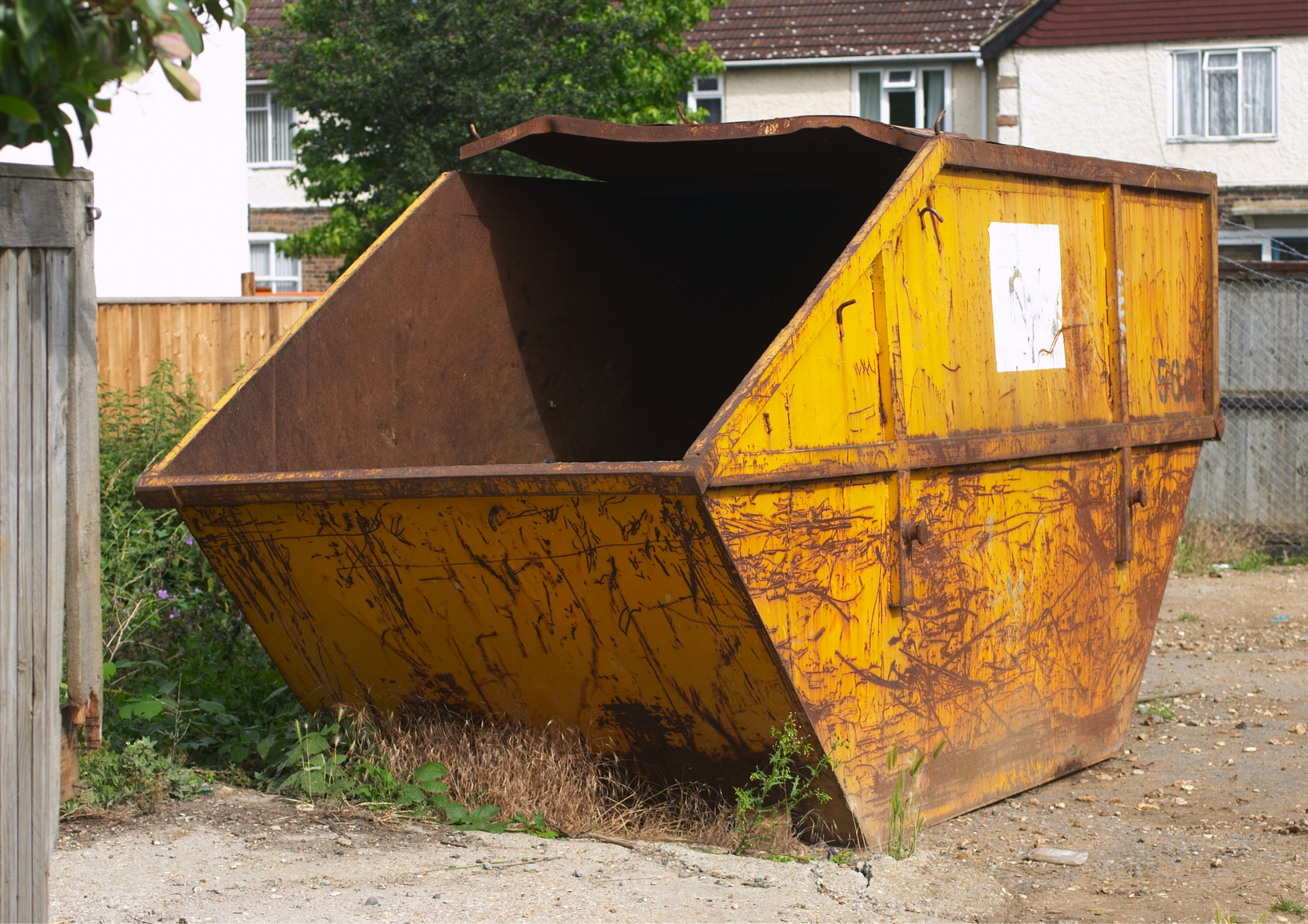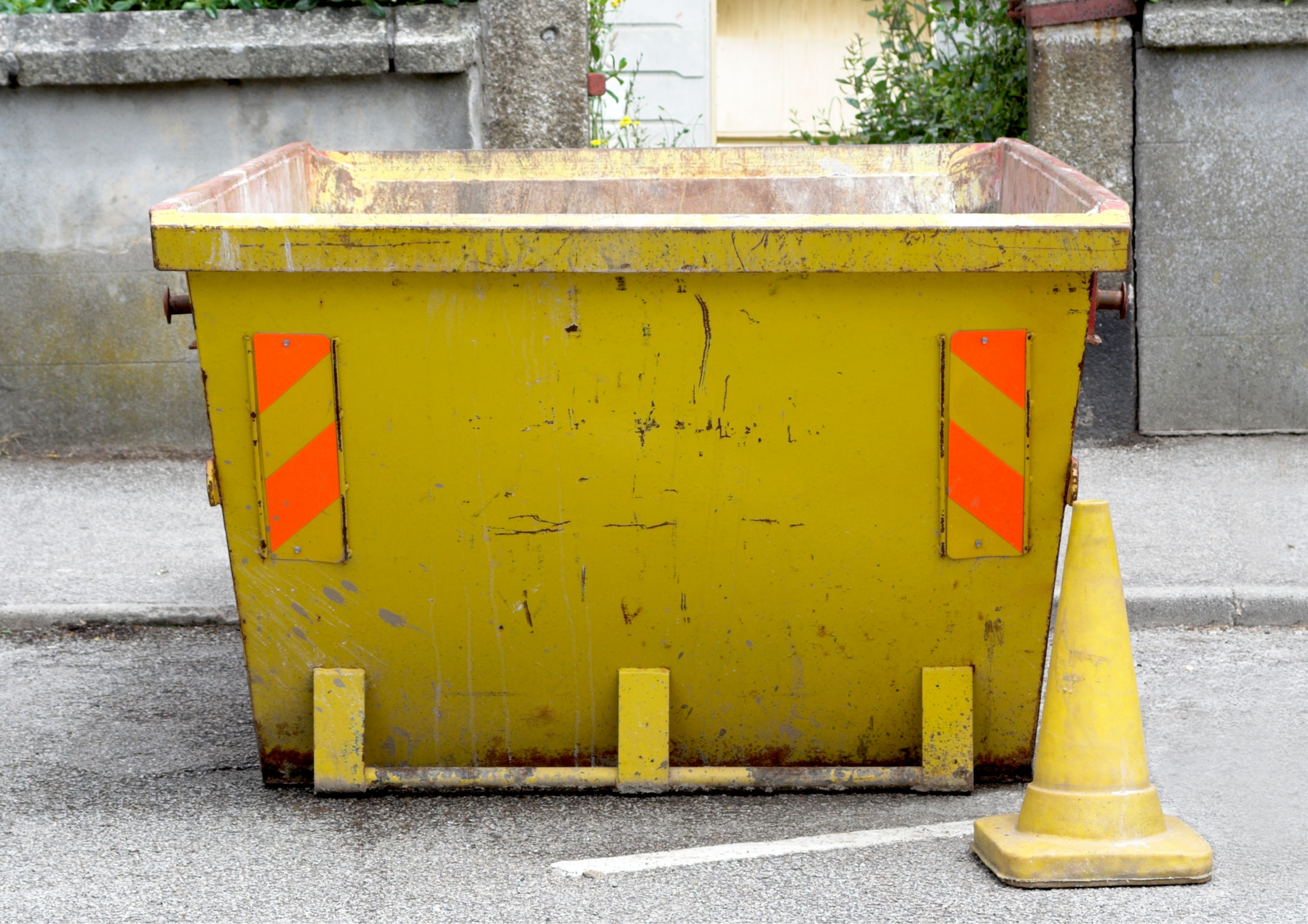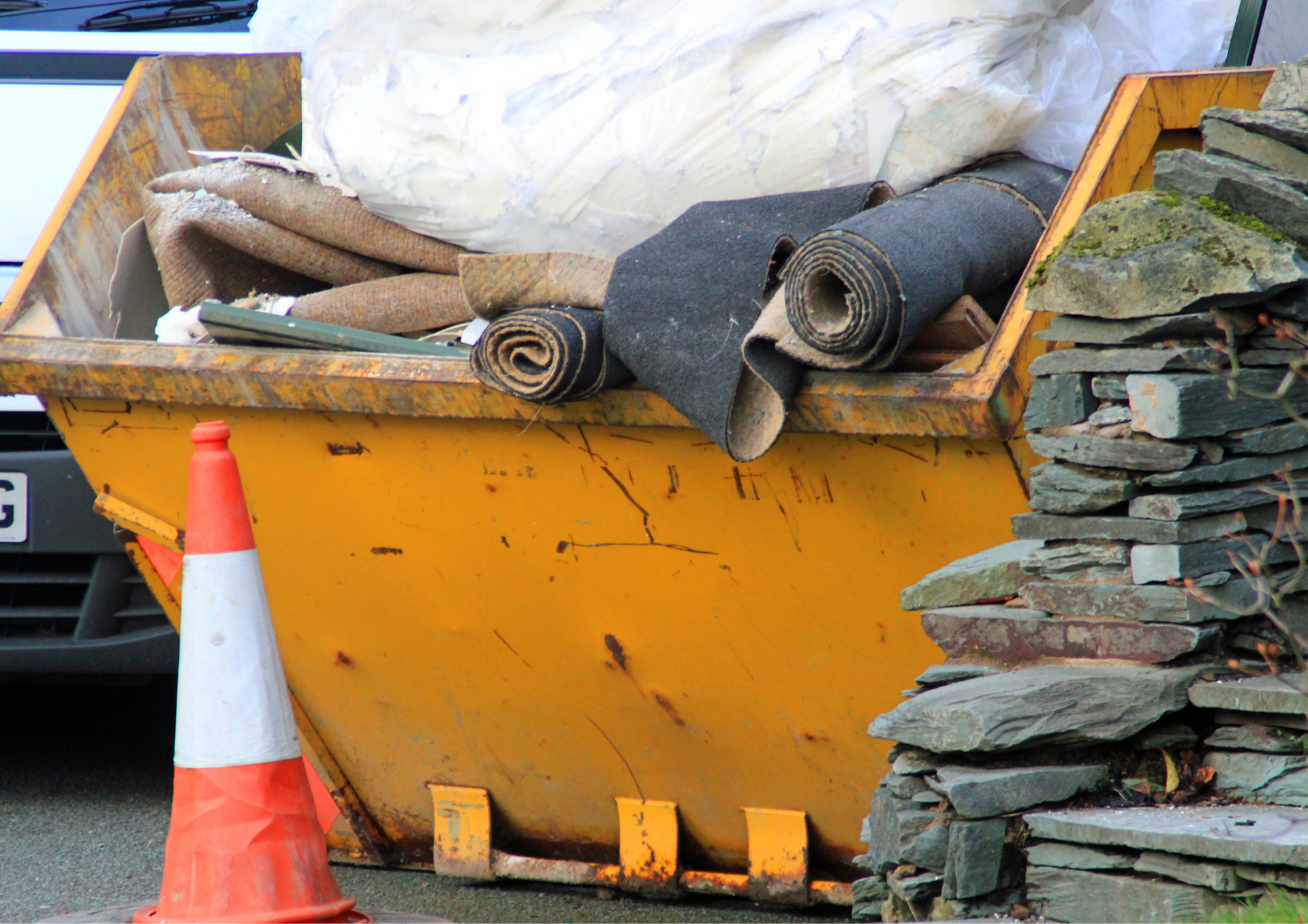What Really Happens to Your Waste After Skip Hire Collection
When you arrange a skip hire, you might assume the journey ends once the skip is collected. However, what happens next is an intricate process of sorting, recycling, and responsible disposal that protects both the environment and local communities. Whether you’re a homeowner renovating your property, a business managing an office clearance, or a construction company handling debris, understanding this process helps you make informed and sustainable waste management decisions.
Collection and Transportation: The First Step in Responsible Waste Handling
Once your skip is filled, it’s collected by a professional waste management operator. The process begins with careful transportation from your site to a licensed waste transfer station. Trained drivers ensure that every load is securely covered and transported safely to avoid debris spilling on the road — a legal and environmental requirement.
At the waste transfer facility, the load is weighed and recorded. This step allows the company to track and report how much waste is collected, contributing to transparency and compliance with local environmental regulations. These facilities are designed to handle waste of all kinds — from household clutter and construction rubble to green garden waste and office materials.
This collection phase is crucial because it sets the foundation for proper recycling and disposal. By using professional skips near me, you’re ensuring that your waste is managed by experts who understand both local council rules and national environmental guidelines.
Sorting and Segregation: Separating Materials for Recycling
After arriving at the transfer station, the contents of your skip are carefully emptied onto a sorting platform. Here, the waste undergoes an initial visual inspection. Skilled workers and automated machinery then separate materials based on type — wood, metal, concrete, plastic, cardboard, and mixed general waste.
Modern facilities use advanced technologies such as conveyor belts, air classifiers, and magnetic separators to identify recyclable items efficiently. For instance, metals are extracted using magnets, while heavier aggregates like concrete and bricks are diverted for crushing and reuse in construction projects.
This sorting process drastically reduces the amount of waste sent to landfill. On average, a significant percentage of waste collected through professional skip hire services is recycled, helping to conserve natural resources and reduce greenhouse gas emissions. It also means your waste isn’t just “thrown away” — it’s transformed into valuable raw materials that re-enter the economy.
Recycling and Reuse: Turning Waste into Valuable Resources
Once sorted, recyclable materials are transported to specialist recycling plants. Wood, for example, may be shredded into mulch or repurposed for biomass energy production. Metals are melted down and reused in manufacturing, while plastics are processed into pellets to make new products. Aggregates like rubble and concrete are crushed and reused in road construction or building foundations, reducing the need for new materials.
Even green waste from gardens or landscaping is treated — it’s composted to create nutrient-rich soil used in agriculture and horticulture. This circular approach ensures minimal waste ends up in landfills.
By engaging with a responsible local skip hire company, you’re supporting the circular economy — a system focused on reusing, recycling, and recovering materials rather than relying on disposal. This benefits not just your project but also your community, ensuring that waste is handled sustainably and ethically.
Disposal and Environmental Compliance: Minimising Landfill Use
Despite the efficiency of recycling, some waste materials cannot be reused or recovered. These residuals — such as contaminated plastics, certain composites, or mixed non-recyclables — are sent to landfill or energy recovery facilities.
Before any waste is sent to its final destination, it’s tested and documented to ensure full compliance with environmental laws and industry standards. Licensed facilities are regulated under the UK’s Environment Agency guidelines, which mandate strict procedures for handling, transporting, and storing waste.
Some waste that cannot be recycled is used in energy recovery facilities, where it’s safely incinerated to produce electricity or heat. This process, while not ideal, still contributes to reducing landfill dependency.
Through these measures, modern skip hire services play an essential role in achieving sustainability goals. They ensure waste management is not only efficient but also environmentally responsible — giving clients confidence that their discarded materials are handled with integrity.
Factors That Influence Waste Management Costs
Several factors affect how waste is managed and priced. The type of materials you’re disposing of, the size of skip required, and the location of your project all contribute to overall costs. Transparent skip hire prices give customers clarity on what they’re paying for, including collection, sorting, and recycling fees.
Another cost factor is the distance between your site and the waste transfer station. Working with providers that are based locally can help reduce transport expenses and carbon emissions. This is why regional companies like us are ideal — they offer efficient, eco-conscious services tailored to the community’s needs.
Sustainable Waste Management for Everyone
From homeowners clearing out old furniture to construction teams managing debris, everyone plays a part in sustainable waste disposal. Partnering with a reputable company offering cheap skip hire doesn’t mean compromising on environmental responsibility. It simply ensures you receive professional, budget-friendly services without sacrificing quality.
Modern waste management prioritises recycling and reusing materials wherever possible. The more you understand about what happens after collection, the more confident you can be that your waste is handled ethically.
The Role of Local Providers in Environmental Care
Choosing a local skip service offers many advantages beyond convenience. Local providers understand area-specific regulations, can respond quickly, and often have strong relationships with nearby recycling facilities. This means faster collection times, reduced carbon footprints, and a more personal, customer-focused experience.
Waste disposal doesn’t end when a skip leaves your property. Behind the scenes lies a detailed process that involves collection, sorting, recycling, and environmentally compliant disposal. Each step plays a crucial role in reducing landfill use and conserving natural resources. By working with a professional provider, you ensure that your waste is not just removed but transformed into something valuable and sustainable.
Understanding what happens to waste after collection helps individuals and businesses make smarter, greener choices. Every responsible action — from selecting the right skip size to using a reputable company — contributes to a cleaner environment for future generations.
Skip Hire Rugby is your trusted partner for efficient, eco-friendly, and affordable waste management. Our team combines professionalism with a deep commitment to sustainability, ensuring that every project — large or small — receives the same level of care and expertise.
We’re fully licensed, locally based, and dedicated to transparent service. Whether you need a small skip for home cleanouts or a large unit for commercial projects, we guarantee timely collection, responsible disposal, and competitive rates.
Latest post on X: After
skip hire – the journey of your waste revealed!




